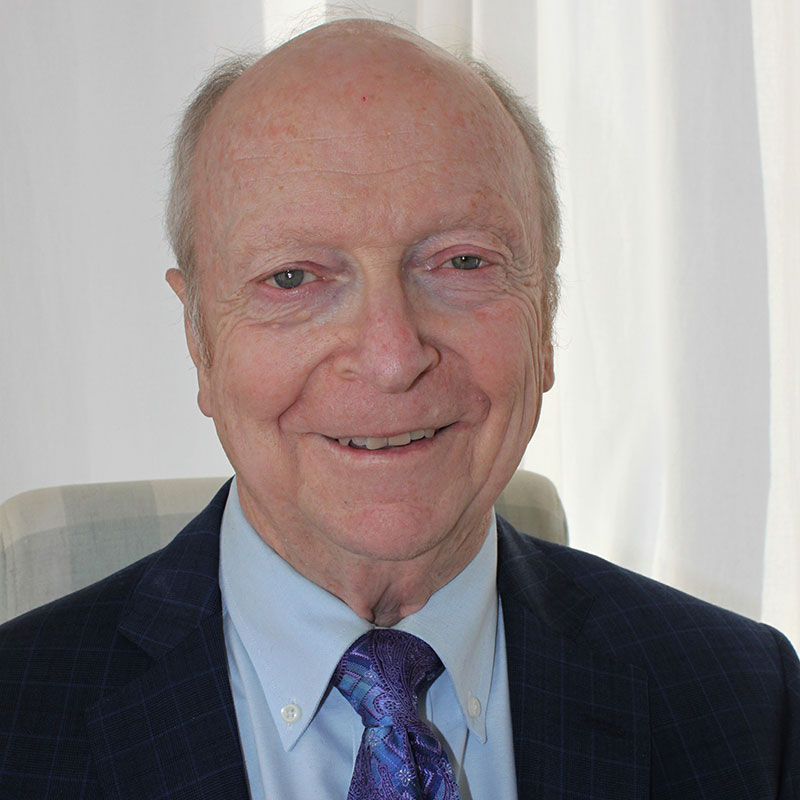That day in March 2019 started out like most other Mondays. I had no premonition of disaster. But nine hours later, I was on life support, and Sharon, my wife, was being asked if I had an end-of-life care plan.
I had arrived at the office, having enjoyed a couple of days off. It was now time to get back to work and tackle my To Do list. It was always a goal to see if I could erase more items that day than I would add.
As I settled in at my desk with my first cup of coffee, I felt the initial signs of a headache. Headaches, especially on a Monday morning, aren’t a rarity, but within minutes, I knew something was seriously wrong.
Soon after, I was taken by ambulance to the nearby hospital. For the second time in two years, I had bacterial meningitis and, later, sepsis.
The good news is, I recovered.
Once I was well again, I thought about what I might have left behind had I not survived. In addition to grieving and adjusting to many changes, what would Sharon have had to deal with?
I reviewed for myself the questions I’ve asked clients. Did Sharon and I have proper, relevant, up-to-date wills? Would she have been able to find them, along with other important documents, such as investment, bank, and credit card statements, insurance policies, and the safety deposit box key? Did she have a clear picture of our financial situation?
Like many of my clients, I couldn’t answer “yes” to all those questions.
It was a sobering realization. As Pablo Picasso once said: “Only put off until tomorrow what you are willing to die having left undone.”
When we talk about end-of-life care plans, we’re talking about medical decision-making. But we need a financial end-of-life care plan, too. And just as medical end-of-life decisions are best considered and shared with our loved ones before serious illness, financial end-of-life care plans should be discussed in advance. This is especially important if, as in our family, one member of your household is the primary financial manager.
Discuss your financial situation with your family, and make sure all relevant information is together in one place, and your next-of-kin knows where it is.
Life-limiting illnesses don’t always arrive with warning. In March 2019, I was reminded of how quickly our situation can change. Don’t wait. Discuss your financial situation with your family, and make sure all relevant information is together in one place, and your next-of-kin knows where it is.
Here’s a suggestion that might help you with this assignment. Prepare a list of all passwords, account numbers for bank accounts, credit cards, investment accounts, including RRSPs, RRIFs, RESPs, and TFSAs, insurance policies and other financial information, and review it regularly with your spouse, child or the person who holds your Power of Attorney.


